Changes by the federal government aimed at making home ownership more affordable for first-time homebuyers went into effect this month, allowing 30-year mortgages for some prospective buyers, up from the standard 25-year term.
As a result of the changes, which went into effect Aug. 1, first-time homebuyers purchasing a newly built property can now get an insured mortgage with a 30-year amortization.
Stretching out the repayment term from 25 to 30 years will reduce the dollar amount of each monthly payment, however, the overall amount of interest paid over the lifetime of a mortgage would likely be higher.
First-Time Homebuyers
Liberal Finance Minister Chrystia Freeland announced the changes as part of the 2024 federal budget back in April. The change is part of a suite of measures aimed at improving housing affordability for Canadians currently priced out of the housing market, she told reporters at a press conference earlier this month.
“That translates to lower monthly payments so more younger Canadians can afford to pay that monthly mortgage on a new home,” she said. “This is just one of several measures that our government is taking to help younger Canadians save for that first down payment and afford a home of their own.”
To qualify for a 30-year mortgage, an owner, or at least one of the co-owners, must have never bought a home before, not lived in a home they or a spouse has owned in the last four years or has recently ended a marriage or common-law relationship.
In addition, the home must be newly built and not have been occupied residentially.
Industry Reactions to the New Mortgage Rules
The Canadian Home Builders’ Association (CHBA), which had been calling for changes to extend mortgage amortizations, has applauded the new mortgage rules.
CEO Kevin Lee said in a press release that making it easier for Canadians to qualify to finance their first home purchase by extending mortgage amortizations will help to ramp up home building in Canada.
“This measure is needed now, to help turn the market around, and will be needed for many years to come if we are to work towards doubling housing starts,” he said. “The problem has been simple: if buyers cannot get a mortgage to buy a home, then builders cannot build.”
Concerns Over the Effectiveness of the Changes
However, some are unconvinced this will have a significant impact on housing affordability.
Victor Tran, mortgage and real estate expert at comparator site Rates.ca, said in a press release that the proposed changes might not help buyers in Canada’s most expensive housing markets.
“While it’s currently possible to get an insured mortgage with a new build, it’s rare. For hot markets such as Vancouver and the GTA, most new condo and freehold builds are priced over one million, which means buyers have to take uninsured mortgages,” Tran said.
Do you have questions about the real estate market? The legal experts at Clark Woods LLP are happy to assist with your real estate and conveyance needs. Call 604-227-9153 today to setup a consultation or visit our real estate page for more information.

